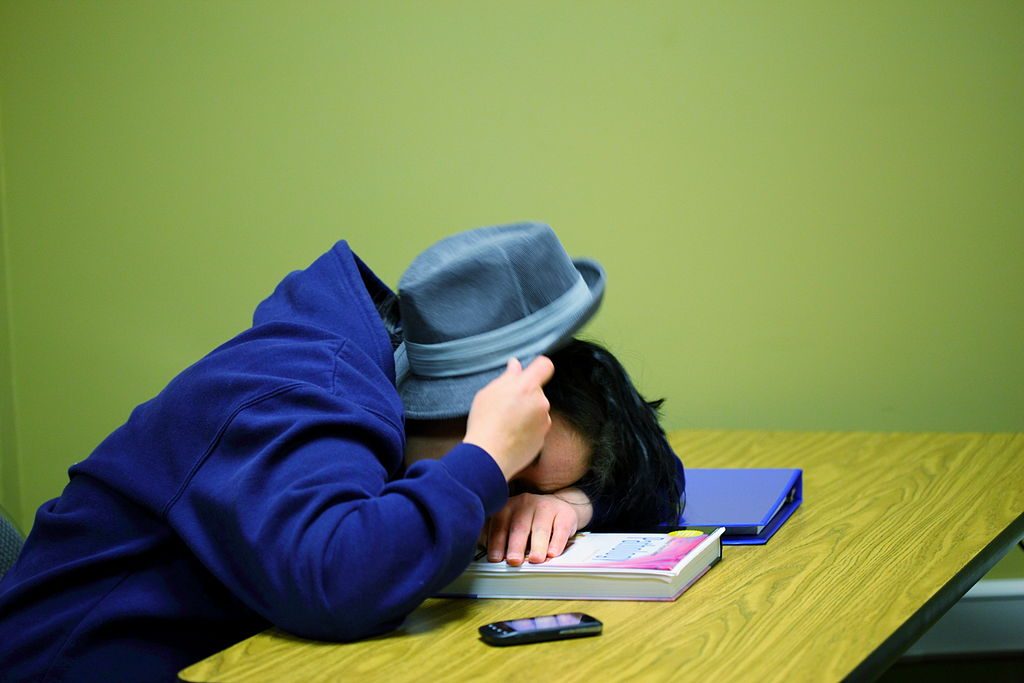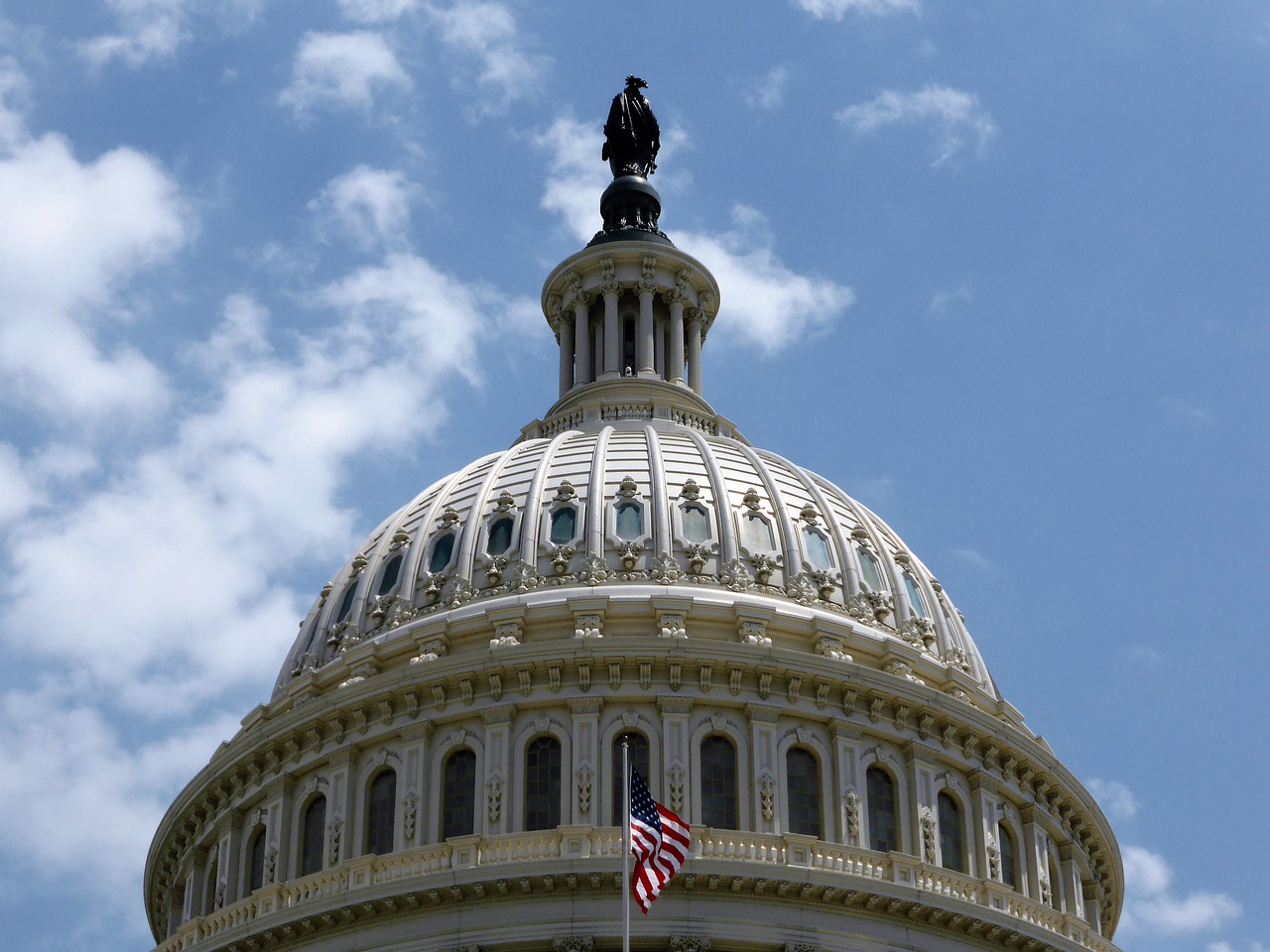Biological Clocks May Affect Academic Performance
There are morning people and there those who come alive at night. Turns out, this can have an impact on how well a student performs in school.
New research shows that if students’ schedules are not in sync with their biological clocks, it may affect their GPA. For example, those who prefer to stay up late but have early morning classes are more likely to underperform in school. The study was conducted by Aaron Schrimer, an associate professor of biology at Northeastern Illinois University, and Benjamin Smarr, a postdoc fellow from the University of California, Berkeley.
Over the course of four semesters, they analyzed the login times of nearly 15,000 NEIU students using the university’s online learning management system. They found that only 40 percent of students’ schedules were synchronized with their internal clocks.
According to the study, human circadian systems are in charge of managing our internal clocks to create rhythms that our bodies follow in any given day. These rhythmic patterns are different for everyone, so some people are able to wake up in the mornings more easily, stay up later, or both. The study also argues that when these circadian rhythms and the environment around us gets misaligned, it can cause problems with attention and learning. This is called “social jet lag.”
The researchers suggest that if students have more stable schedules, their performance will increase whether they are early birds or night owls. Not everyone can function properly in the early morning hours and not everyone does well late at night.
If students can figure out what their biological clocks are doing and adjust their class schedules accordingly, they very well could perform better academically. Perhaps schools can also help by increasing the amount of classes offered at various times during the day.




